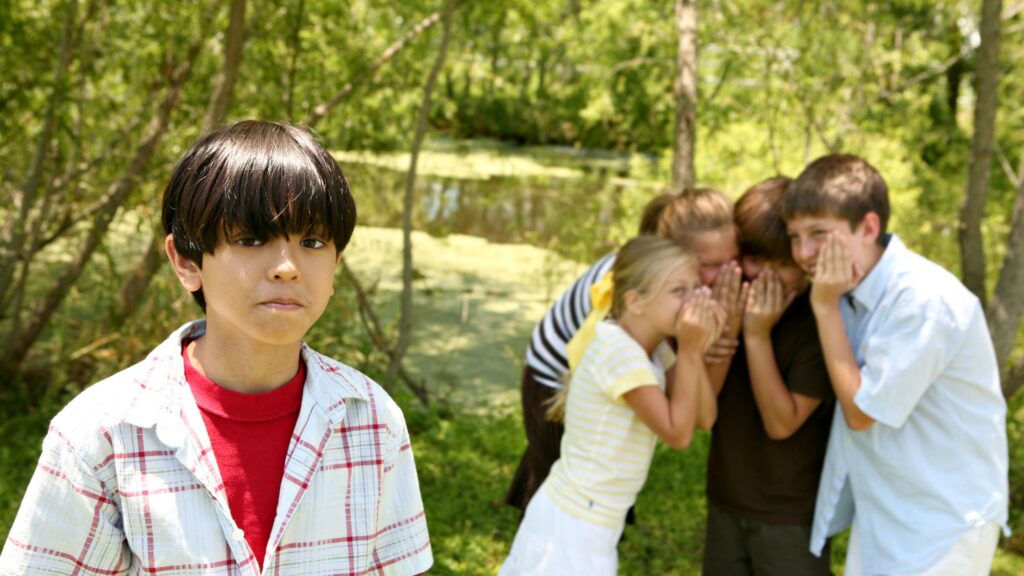Today, peer pressure is a feature of every stage of life for Indian teens. People usually acquire the viewpoints of others around them because they like serving as role models for others. This might happen at work, in class, or somewhere else. Mostly in India, teenagers and adolescents are still getting used to and accommodating themselves in the world. They have only begun to be more susceptible to peer pressure.
When attempting to blend in with the group, it is typical to go above and above. At this age, children could value their peer’s opinions more than those of their parents and other family members. Negative peer pressure is, therefore, highly likely to have a long-term negative impact on the teen’s physical and mental well-being. AACCI (Association of Adolescents and childcare in India) says that how saying “NO” to peer pressure is the primary topic in their regular Life Skill Education (LSE) workshops.
Tips for helping your teens with peer pressure:
Parents can help the child deal with negative peer pressure by employing some simple tactics like:
Don’t be more judgemental:
It is crucial that your child confides in you and feels safe with you. Each generation experiences slightly different problems, which could happen sooner than you think. Support your child, but be careful not to pressure them to take the better path. Talking through the problem with them and letting them devise a solution on their own can help them develop the ability to solve problems practically in the future, in addition to teaching youngsters to reject peer pressure.
Be active rather than attached:
Be the friend your child needs. Participate in their activities, and wherever necessary, push and encourage them. However, be careful not to approach them too closely because doing so can make them dependent on your assistance and forge future relationships that might be dangerous. With age, children often develop an unhealthy level of attachment to their parents, which is incredibly painful for both the parent and the child.
Observe a youngster at an activity:
Avoid assuming an authoritative position while monitoring your teen’s activities. Parenting that is too authoritarian often backfires. The teenager has been pushed away from his family and toward his friend group. Your youngster will be reminded that they are more than just their friends due to the initial resistance. Talking to a range of people will teach them that it is acceptable not to be how their friends expect them to be.
Develop their ability to say no without feeling guilty:
It may be difficult to refuse your classmates since the dread of losing their friendship paralyzes you. Teach them that their maturity and independence will make people like them more, so they don’t need to worry about being alone. A fundamental human right is the ability to refuse to do anything. They are not obligated to any of their friends if they decide not to do something.
Be the best healer for your child:
Become a hands-on parent, but refrain from becoming a moral policeman. As they discuss their activities and viewpoints with you, seize the opportunity to guide them where necessary. According to a survey done by UNICEF and Gallup between 20000 students from 21 countries, most Indian teens are reluctant to share or get support for their mental/emotional concerns ( 41 percent of Indians between 15-24 said they feel good to get support for their mental health problems where the average for other countries are 83%). Understanding the behavior changes and acting accordingly is much more important.
Open discussion:
Hold a free discussion about any potentially harmful peer pressure behaviors, such as shoplifting, smoking, misusing alcohol and drugs, and engaging in unplanned sex. Be factual when expressing why they are dangerous.
Final Thoughts:
So it is important to protect the Indian teen’s physical and mental health by keeping them away from damaging peer pressure. Parents with the help of the above-explained details may help their children deal with peer pressure by being supportive, caring, and communicating with them correctly.

